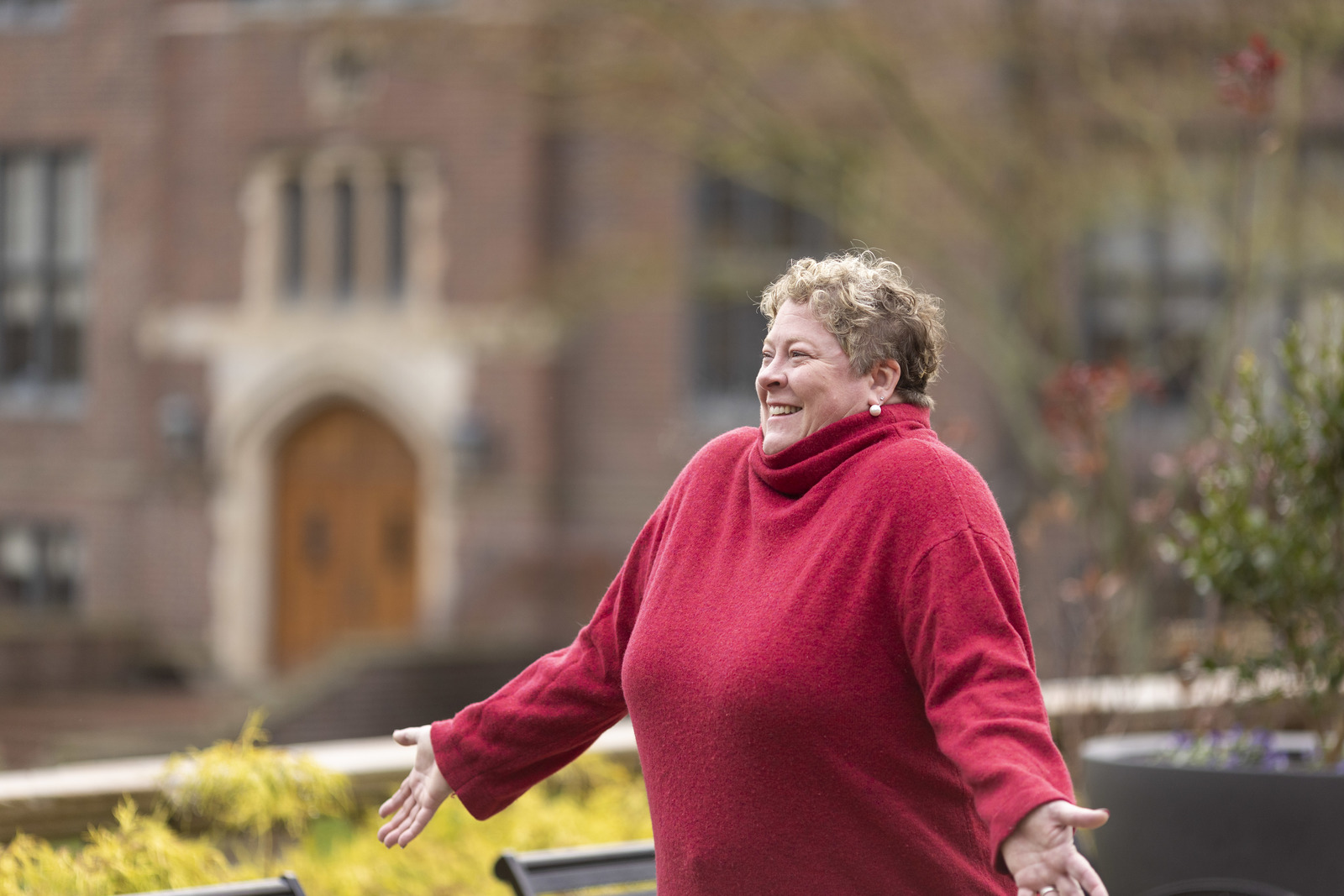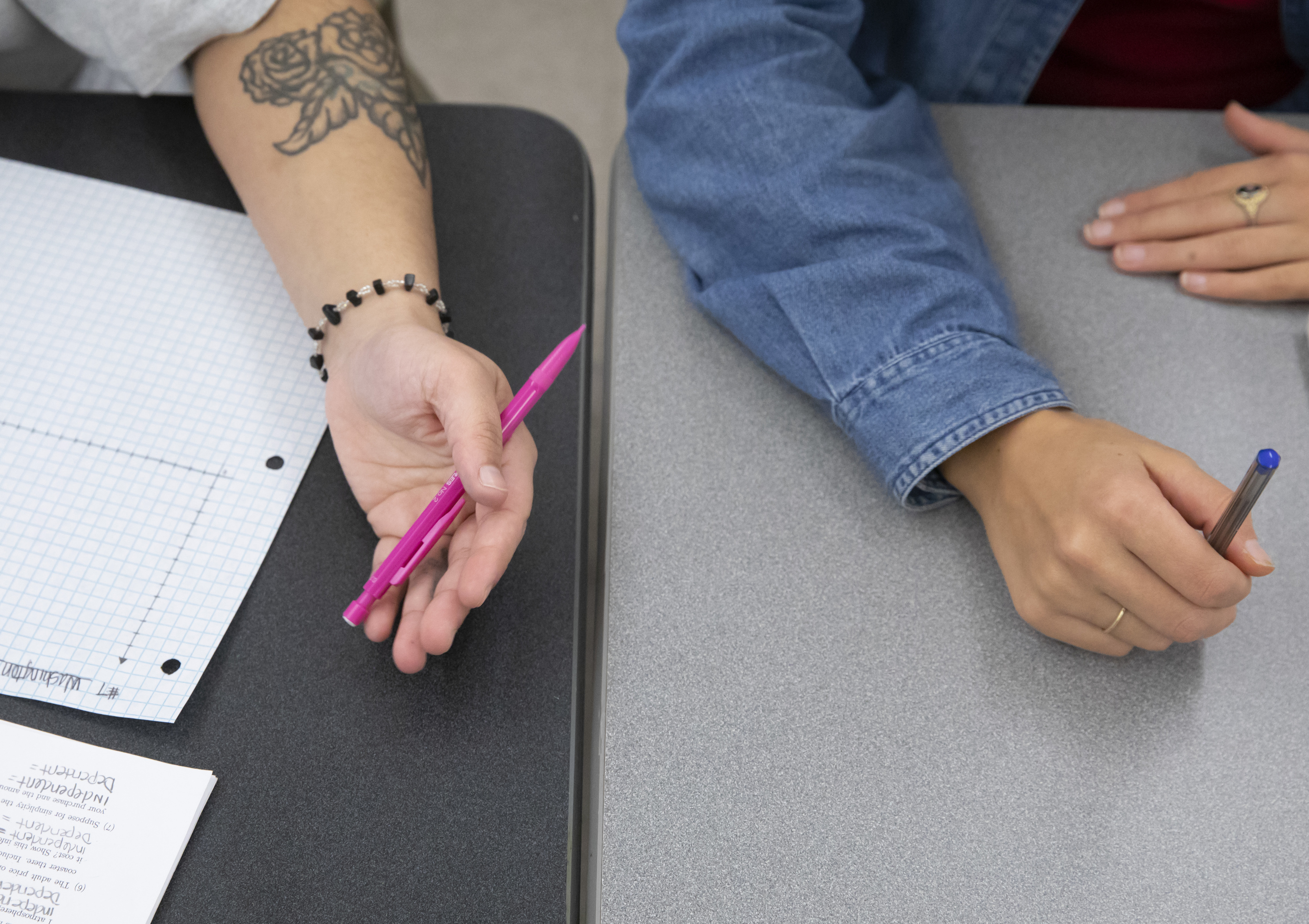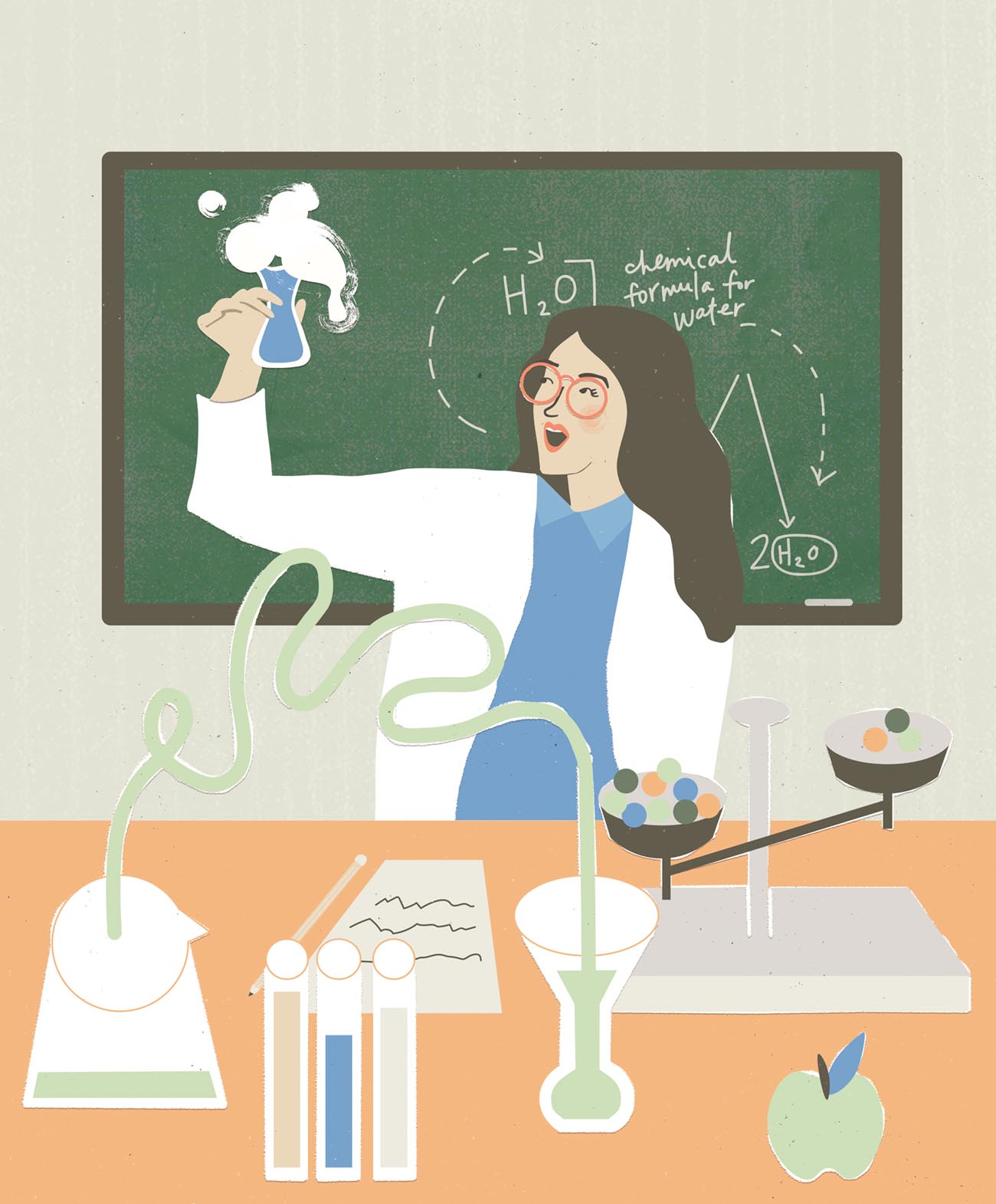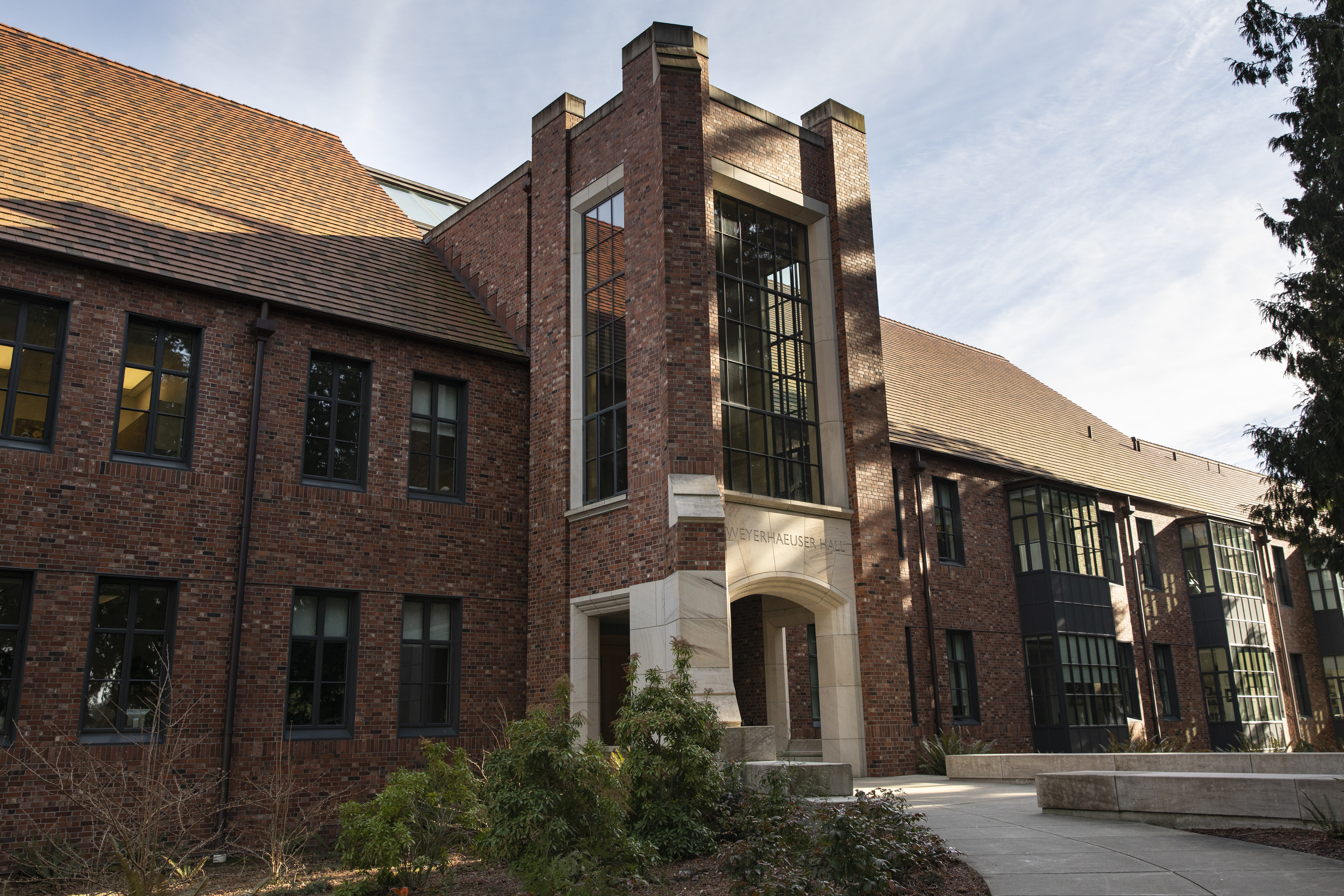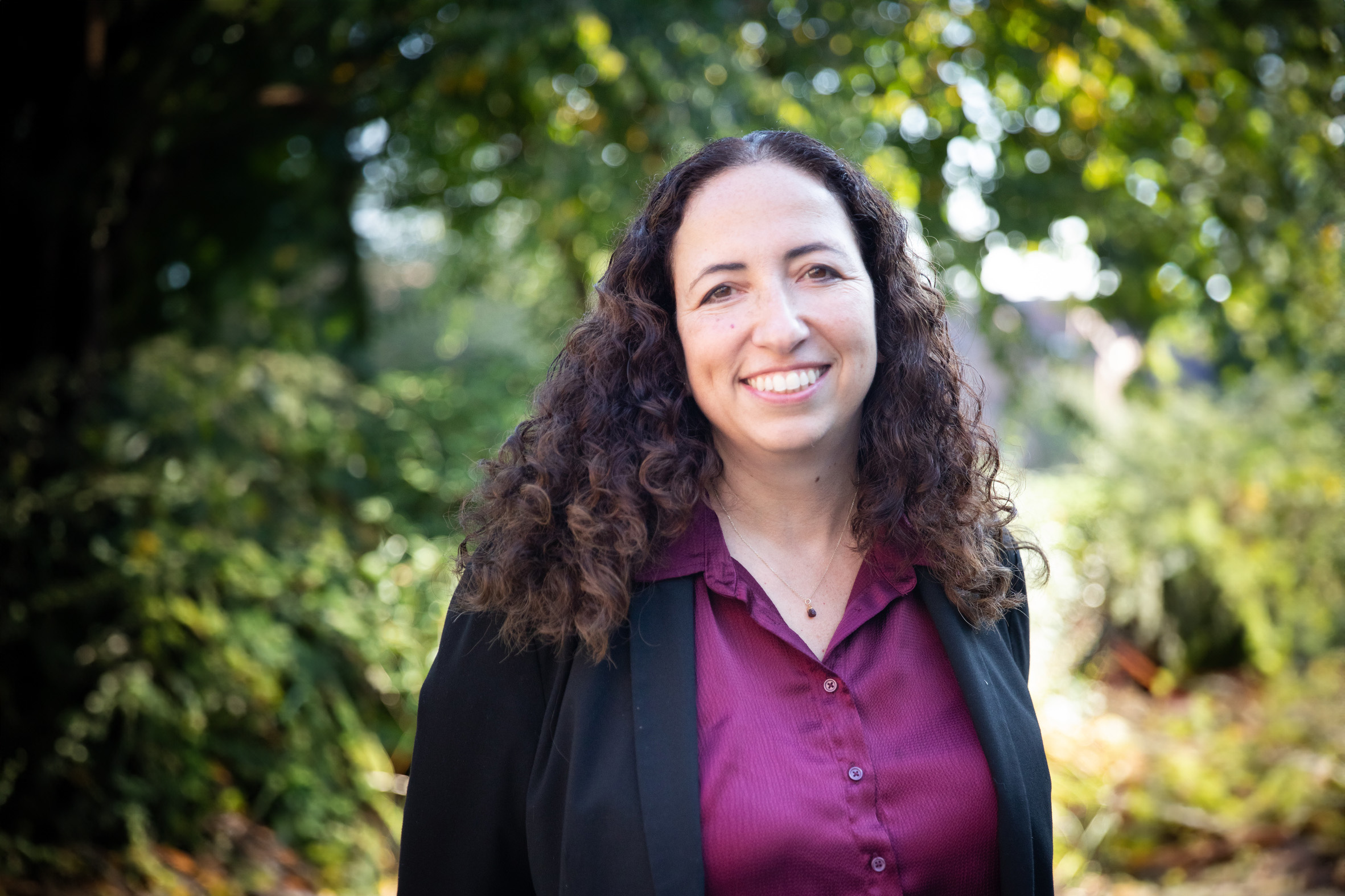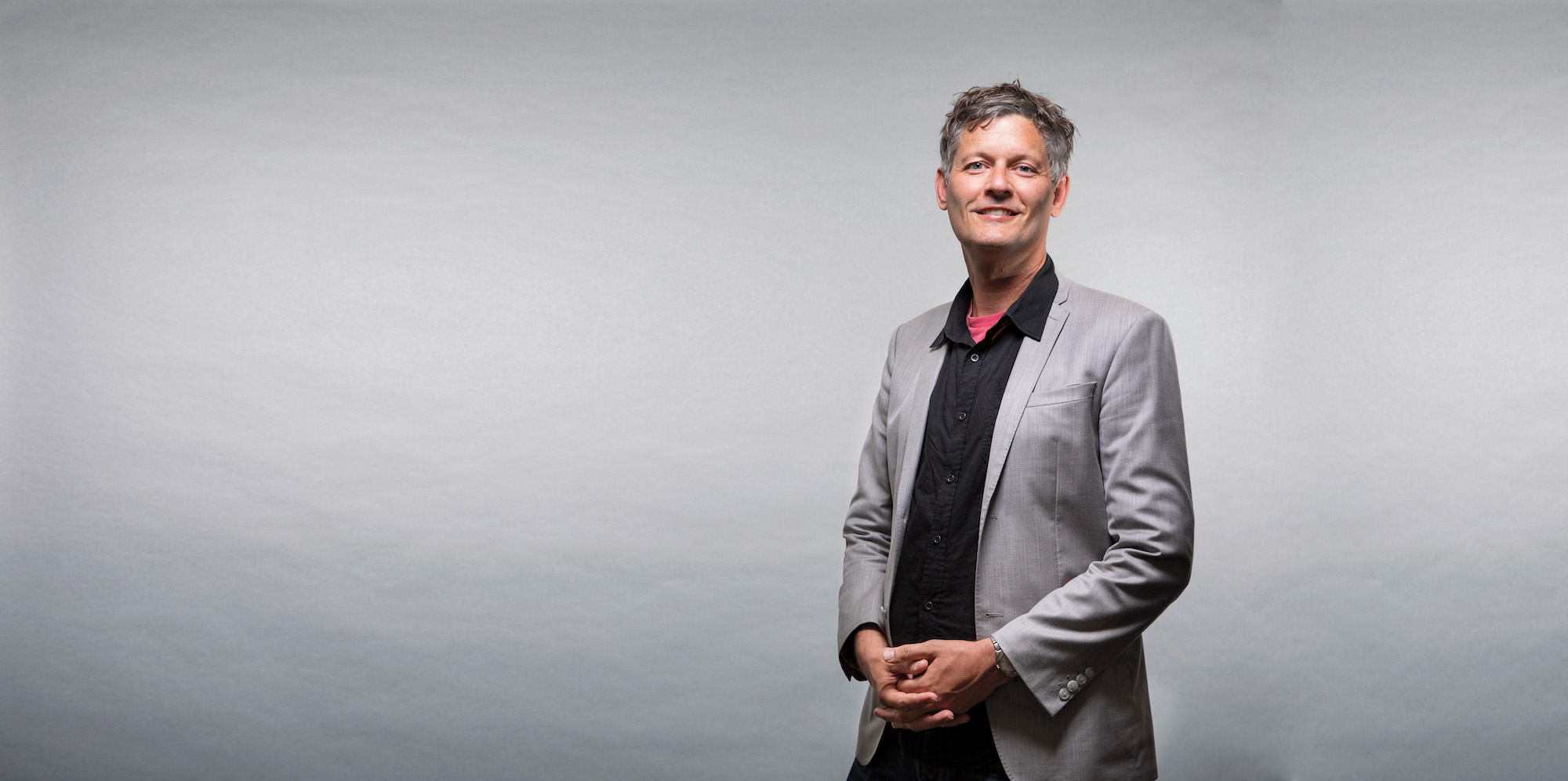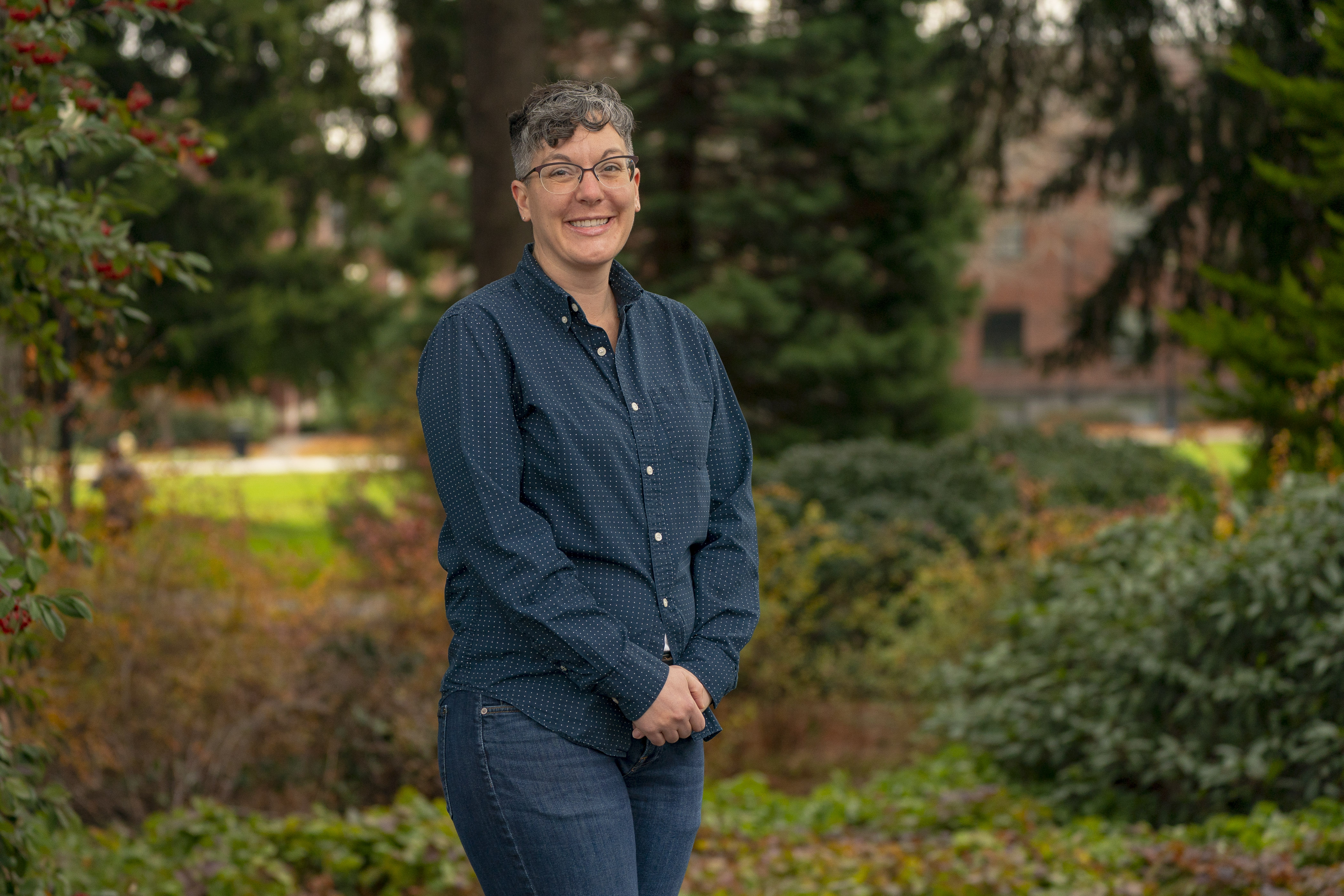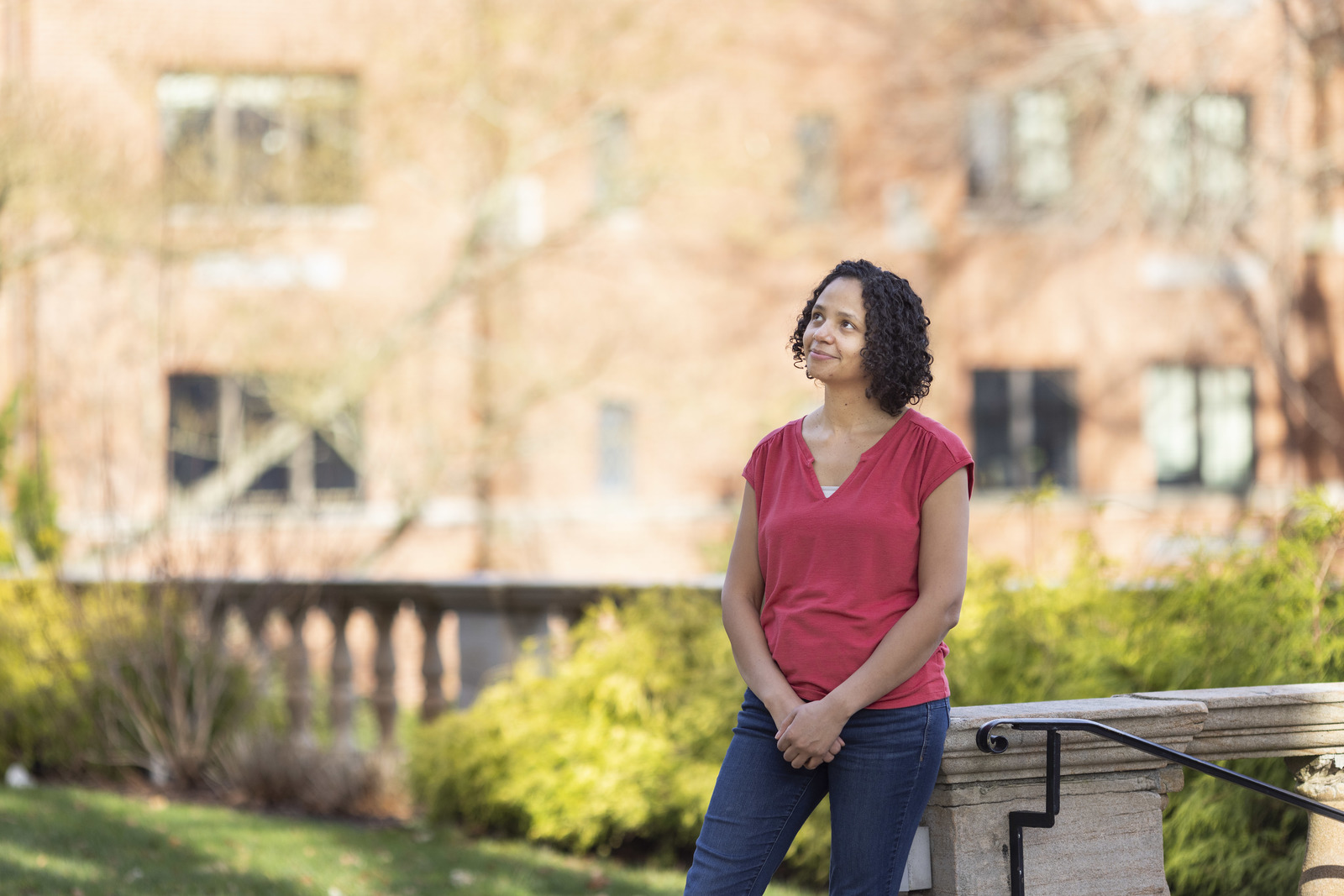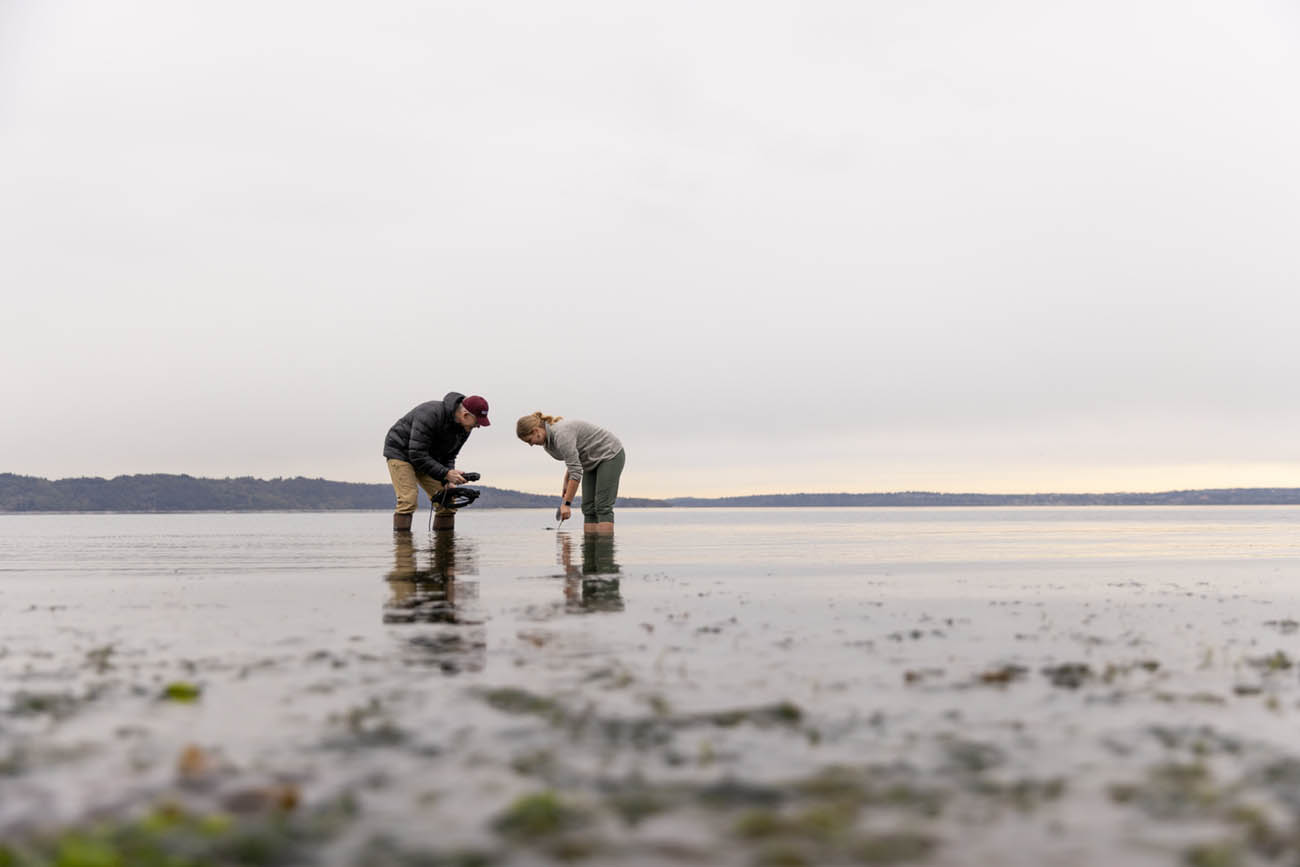Molly Pugh MAT’03, a clinical instructor in the School of Education, relishes her role in guiding future teachers.
After a decade as a high school English teacher, Molly Pugh MAT’03 joined University of Puget Sound’s School of Education, where she helps aspiring teachers find their footing through real-life classroom teaching experience. As one of the program’s clinical instructors, she works closely with schools in the Tacoma area to place student teachers and also teaches courses in the Master of Arts in Teaching Program. We asked Pugh about mentorship, equipping teachers for success, and her latest reading recommendations.
Q: Can you tell me about your role as a clinical instructor?
A: My role has grown a lot since I started at Puget Sound in 2013. In the fall, I teach the methods course for our secondary education candidates, co-teach a weekly seminar, and supervise school-based placements. In the spring, my work is mostly field supervision, where I work with our teacher candidates in K-12 schools around the South Sound. That’s probably the most rewarding part of the job, because I get to be in classrooms and around kids, and I get to help our candidates see all of the nuances of teaching. It gives me lots of points of contact with our students, which is important to me because all teaching and learning begins with relationships. I love that I get to wear different hats—I’m their instructor, but I’m also a coach, a mentor, and advisor.
